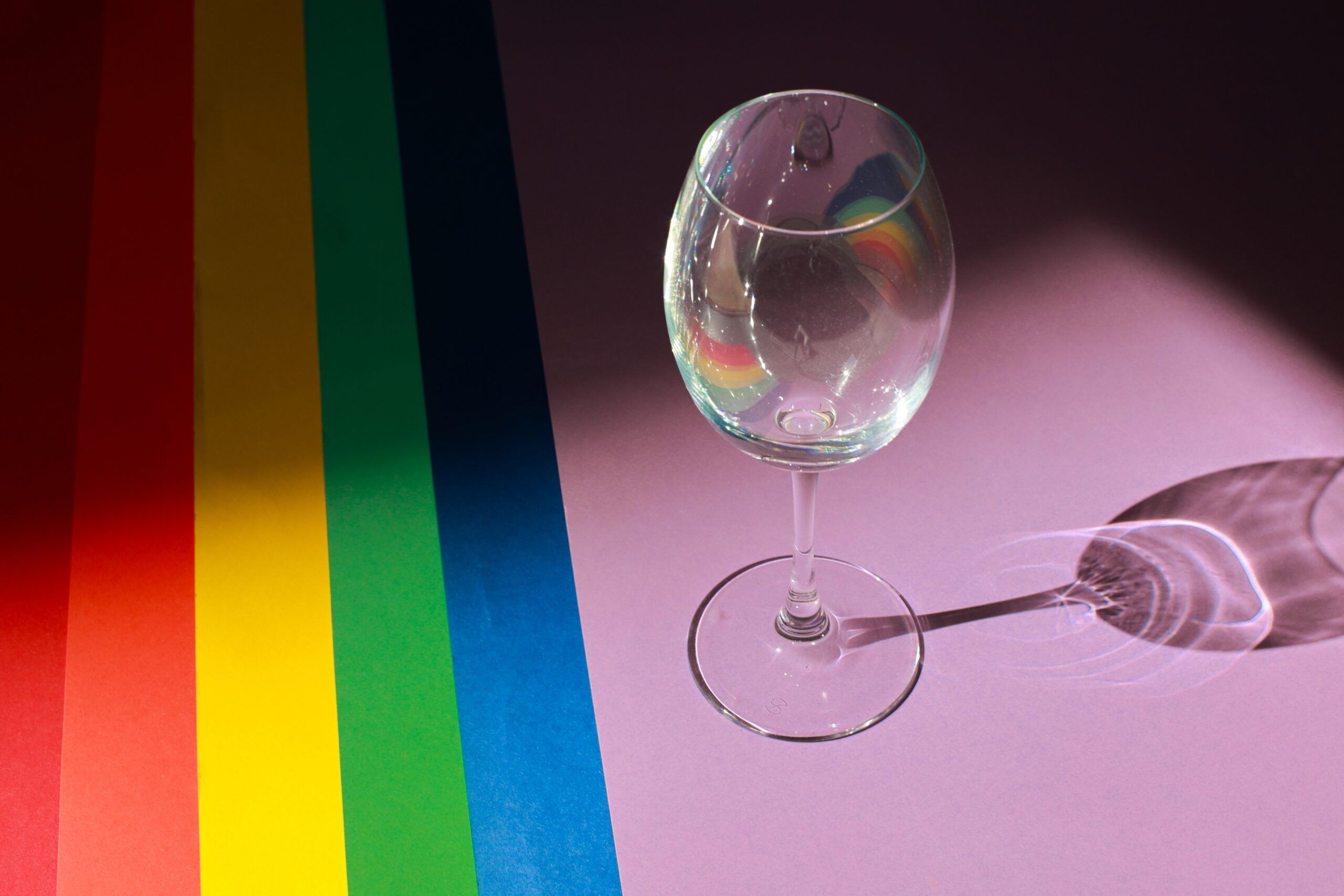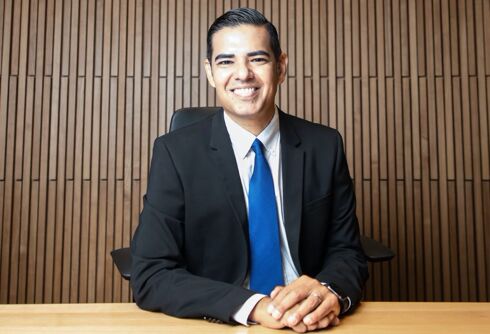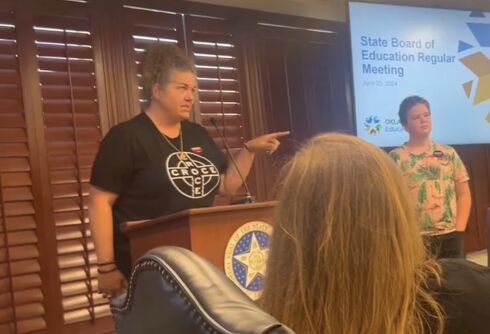A new survey of gay, lesbian, and bisexual Americans shows a generally higher rate of drug and alcohol use compared to their straight peers, as well as higher rates of mental health issues.
Bisexual respondents were singled out for “additional problems with substance use and mental health due to sexual orientation-based discrimination, bisexual invisibility and erasure, and a lack of bisexual-affirmative support.”
Related:
Over half of LGBTQ+ workers won’t work in states with anti-queer laws
The survey comes as GOP lawmakers have introduced over 300 anti-LGBTQ+ bills so far this year.
Among the findings, bisexual men were twice as likely to “make a suicide plan” in the last year as gay men, and four times as likely as straight men.
Stay connected to your community
Connect with the issues and events that impact your community at home and beyond by subscribing to our newsletter.
Bisexual women were six times more likely to attempt suicide than straight women, and three times more likely to have an opioid use disorder.
The report, published Tuesday by the Substance Abuse and Mental Health Services Administration at the Department of Health and Human Services, gleans data from the annual National Survey on Drug Use and Health, which has identified respondents’ sexual orientation since 2015.
Beginning in 2023, the survey will add gender identity to include trans and non-binary individuals.
According to the report, gay, lesbian, and bisexual adults are more likely than their straight peers to have mental health conditions including serious thoughts of suicide and major depressive episodes.
“Sexual minorities experience unique stressors that can contribute to adverse substance use and mental health outcomes,” the report reads, like stigma, discrimination based on sexual orientation, and discriminatory laws.
“Challenges faced by members of sexual minorities can be further compounded by the experience of being female or a person of color.”
Dr. Jeremy Kidd, a psychiatrist at Columbia University, told CNN that the research is “really important data,” especially because it comes from “an organization like SAMHSA that has such an influence over both national policy, as well as resource allocation in terms of what kinds of prevention treatment and recovery services get supported at the federal level.”
Kidd said that whatever stressors sexual minorities face, having one or more supportive individuals in their life can make the difference between coping with or succumbing to the pressure, especially for young people.
“Having that person in that young person’s life that says ‘I see you, and I affirm you’ can be hugely protective against substance use problems later down the line, because it sort of challenges that narrative that we’re talking about when people experience stigma and discrimination that teaches people that they’re less than,” Kidd said.
“That community aspect can be a really important protective factor” for anyone experiencing the stresses associated with being gay, lesbian or bisexual.















